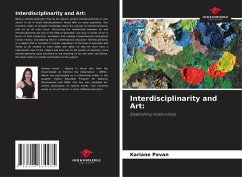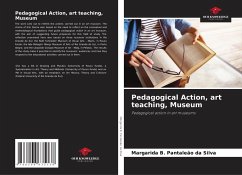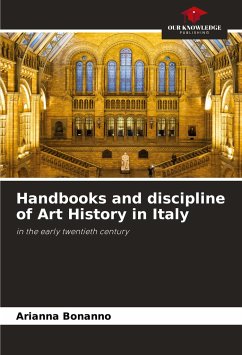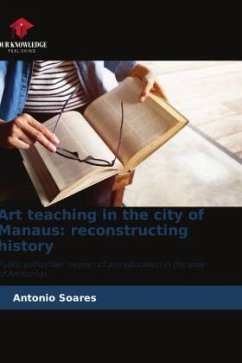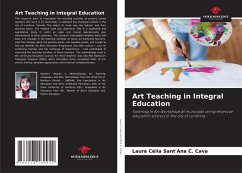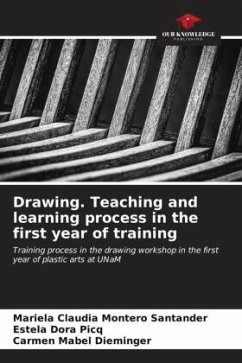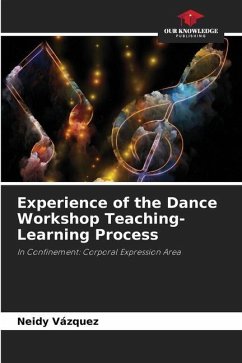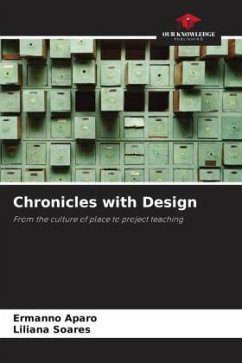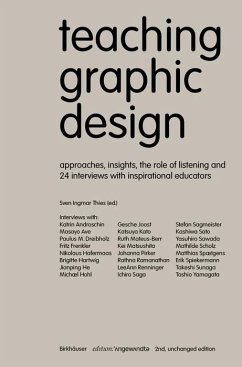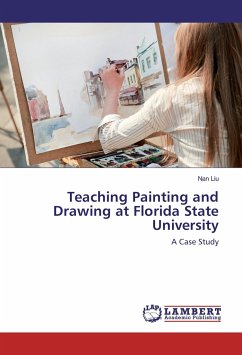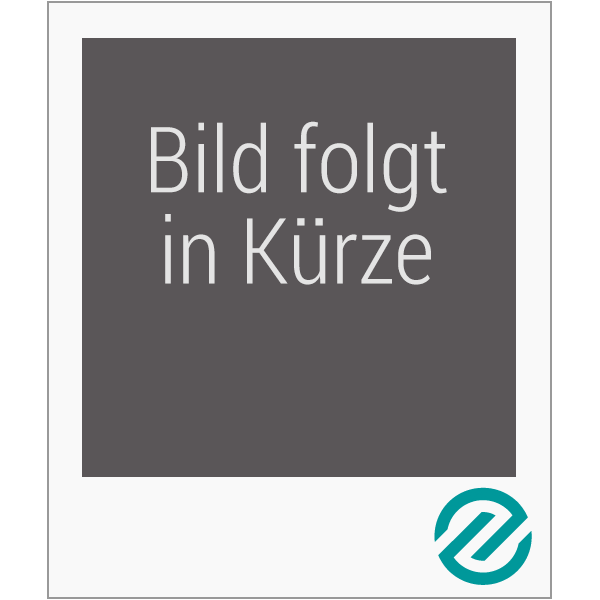
Art Teaching and Rurality
Intercultural reflections and notes
Versandkostenfrei!
Versandfertig in 6-10 Tagen
33,99 €
inkl. MwSt.

PAYBACK Punkte
17 °P sammeln!
This study meets the wishes and desires realised in recording the local culture of the students who live in the rural area of Uberlândia - MG, precisely at Fazenda Floresta do Lobo, Emilio Ribas Municipal School. The cultural diversity of the students in the classroom led to reflective moments and artistic actions involving work that integrates art and culture through the use of the Triangular Approach to develop students' ability to represent, interpret, imagine and understand themselves and intercultural relations. This proposed educational practice for rural schools seeks to relate the edu...
This study meets the wishes and desires realised in recording the local culture of the students who live in the rural area of Uberlândia - MG, precisely at Fazenda Floresta do Lobo, Emilio Ribas Municipal School. The cultural diversity of the students in the classroom led to reflective moments and artistic actions involving work that integrates art and culture through the use of the Triangular Approach to develop students' ability to represent, interpret, imagine and understand themselves and intercultural relations. This proposed educational practice for rural schools seeks to relate the educational process to its target audience (students from the 6th to the 9th year of primary school), integrating the students' intercultural relations into art lessons. Contact with different cultures has made teaching art in the school in question a moment of discovery, of building knowledge and concepts in favour of an aesthetic of everyday life in parallel with the observation of regional cultures; it has also contributed to the debate on new conceptions of art teaching practice in a pedagogical proposal that integrates art with culture and rurality.





